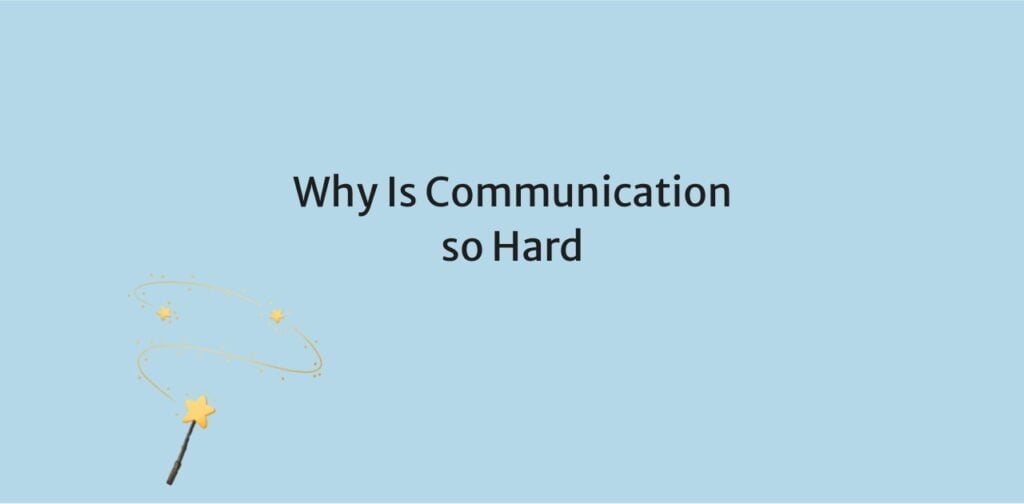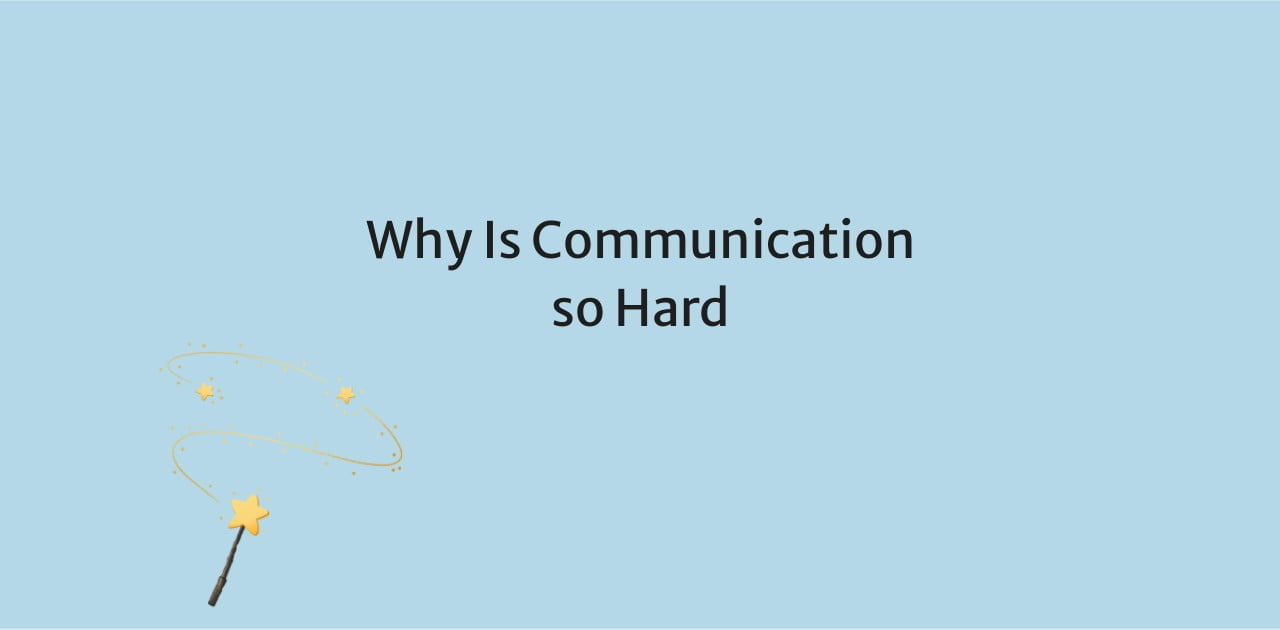
Do you ever find yourself struggling to communicate effectively? It can be frustrating when your message gets lost in translation. But don’t worry, you’re not alone. Many people face challenges when it comes to communication.
In this article, we will explore why communication is so hard and provide practical strategies to improve your communication skills. So, if you’re ready to overcome those barriers and connect with others more effectively, keep reading.
The Impact of Misinterpretation
Misinterpretation can lead to misunderstandings and breakdowns in communication. It’s important to be mindful of the impact it can have on serving others.
When you misinterpret someone’s words or actions, you may end up misunderstanding their intentions or emotions. This can create confusion and conflict in your relationships, whether it’s with coworkers, clients, or loved ones.
Misinterpretation can also hinder your ability to effectively communicate your own thoughts and feelings. It’s crucial to actively listen and clarify any uncertainties to prevent misunderstandings from escalating.
Overcoming Barriers to Effective Communication
Overcoming barriers to effective communication can be challenging, but with practice and patience, you can improve. Serving others requires clear and concise communication, so it is essential to develop your skills in this area.
One common barrier is language differences. By actively listening and using simple, straightforward language, you can bridge this gap and ensure your message is understood.
Another barrier is distractions. To overcome this, focus on eliminating external distractions and giving your full attention to the person you are communicating with.
Additionally, non-verbal cues play a crucial role in effective communication. Pay attention to your body language and facial expressions, as they can either enhance or hinder your message.
Lastly, be open-minded and respectful of different perspectives, as this fosters an environment of understanding and encourages effective communication.
The Role of Emotional Intelligence in Communication
Understanding and managing your emotions is key in effective communication. It allows you to connect with others on a deeper level. When serving others, it’s important to be aware of your own emotions and how they may impact your interactions.
By understanding your emotions, you can better understand the emotions of those you are serving. This fosters empathy and creates a safe and supportive environment. Being able to manage your emotions means being able to regulate your reactions and responses in a constructive way.
This requires self-awareness and self-control, allowing you to respond rather than react impulsively. Developing emotional intelligence enables you to navigate challenging situations with grace and understanding. Ultimately, it enhances your ability to serve others effectively.
The Influence of Non-Verbal Communication
Non-verbal cues, such as body language and facial expressions, play a vital role in conveying messages and establishing rapport in communication. When serving others, it is crucial to be aware of these cues and understand their influence on the conversation.
Your body language can communicate empathy, warmth, and openness, making the other person feel more comfortable and understood. Likewise, your facial expressions can convey emotions and intentions, allowing the other person to gauge your sincerity and trustworthiness.
Strategies for Improving Communication Skills
Improving your communication skills can be achieved by actively listening and engaging in meaningful conversations.
By actively listening, you show others that you value their thoughts and opinions. This involves giving your full attention, maintaining eye contact, and refraining from interrupting.
When engaging in conversations, strive to ask open-ended questions that encourage others to share more about their experiences and perspectives. Additionally, be mindful of your body language and non-verbal cues, as they can greatly impact how your message is received.
Remember that effective communication is a two-way street, so be sure to convey your thoughts and ideas clearly and concisely.
